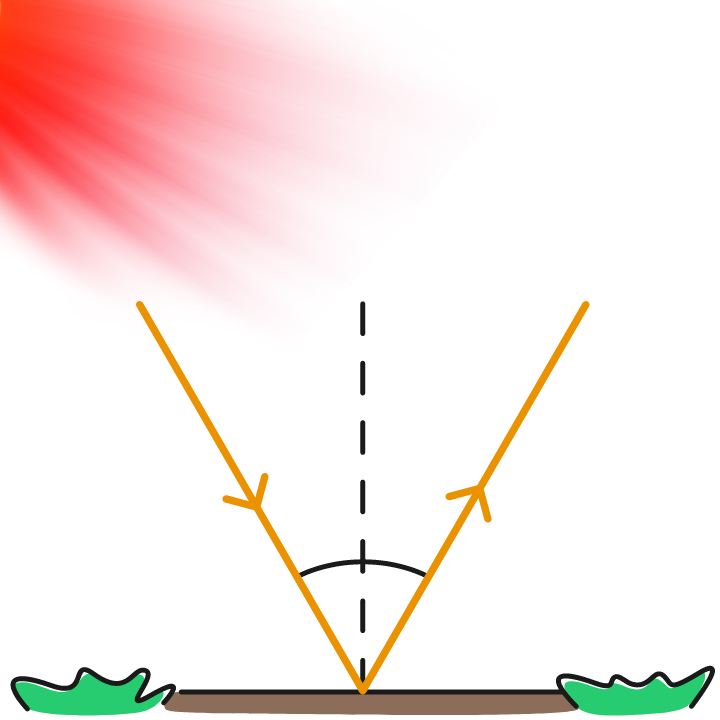Flash Card

A convex lens of short focal length held very close to the eye, to observe minute objects clearly is called as

The capacity of a lens to converge or diverge incident rays is called .............. of the lens.

An object is kept at 20 cm from a convex lens of focal length 15 cm. The position of the image is

The ............. cells respond to the colour and give information about the colour of the object to the brain.

The point inside the lens on the principal axis through which light rays pass without changing their path is called

For a specific glass lens f = 0.5 m. This is the only information given to the student. Which type of lens is given to him and what is its power?

When the distance between the eye-lens (crystalline-lens) and retina is more, the normal distance image is formed in front of the retina, such an eye defect is called as

An object is placed at a distance of f/2 from a convex lens of focal length f. The image will be

To obtain an image of the same size as that of an object using a convex lens, the object should be placed

A type of lens which has two spherical surfaces which are puffed up outwards is .............. .

The minimum distance of an object from a human eye, at which it is clearly visible without stress on the eye is called

A student obtained a clear image of window bars on a screen with the help of a convex lens. But in order to have the best image, his teacher suggested him to obtain the image of a distant tree. Where will the lens have to be moved in order to obtain a clear image?

............ helps the eye lens to adjust the focal length depending on the distance of the object by contracting or relaxing.


